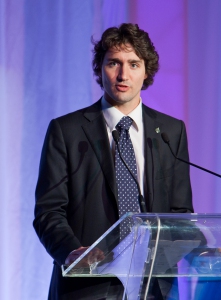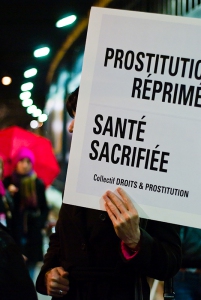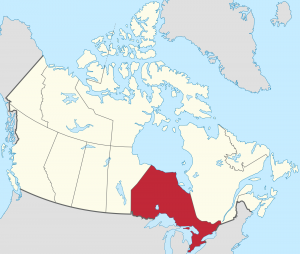I want to talk about innocence and blame. I think both are fundamentally flawed and our belief in them compounds rather than lessens our miseries, especially in how they leave us susceptible to the politics of alienation and retribution, resulting in terrible justice policies, among other things.
People routinely say “everything happens for a reason,”1 seemingly asserting that there’s something special about this arrangement of things.2 That’s as it may be. Here I take the standpoint that “everything happens for a cause”. Hop on board the things-have-causes axiomatic train and let’s explore some of the implications for how we think about innocence and exoneration, blame and retribution.
This song played on the radio all the time when I was in Grade 9 and I thought of the girl I loved3 at the time and how after something happened to her we could lay on a grassy field and hold hands. It even got to the point where I wished something would happen to her, so this could happen. Though I’d probably be no more likely to show my feelings then than normally, so if my wish had come true because I made it, it would have been both wretched and futile.
For a while after this, being the concrete sort of thinker I was4, I wanted to think of innocence as something real. Maybe it was something I still had, but that I’d lose later.5
What is innocence? A state where you should not be blamed for something. Okay, but why not?
You couldn’t have understood.
Couldn’t have? That’s quite an assertion. How do you know that? I’ll agree that it’s more likely that a kid doesn’t understand x, but you have to test it. Saying that the kid can’t understand x is demeaning. (Okay, it’s probably not demeaning to babies to say they can’t understand nuclear physics, but you can still ‘test’ this: knowing that you haven’t seen them reading or mathing much yet, you can be nigh-absolutely confident that they can’t, or at least that all the babies you’ve ever met can’t.) Anyway, here’s the story of a Korean fellow who was solving differential equations at age seven.
Everything?! ↩
Yes, the exact past that we had is the only way to this exact present. But what’s special about this present, aside from its being the one drawn from the Universe Machine? ↩
At a distance, unfortunately. I was afraid of being outed as liking girls and I went out of my way to avoid her. ↩
Or cement-head, if you’re less charitable. ↩
If you mean that kind of “innocence”, much later. ↩




